Your pantry is a staple for quick meals and everyday ingredients, but how often do you really check what’s hidden at the back of the shelves?
Some items can last longer than expected, while others may go bad far sooner than you realize, potentially affecting your health and your cooking. Keeping your pantry organized and knowing when certain foods have passed their prime is essential for both food safety and waste reduction.
In this article, we’ll dive into 9 common pantry items that may already be bad, even if they don’t look it. By knowing what to watch out for, you can ensure your pantry stays stocked with only the freshest and safest ingredients.
Canned Goods
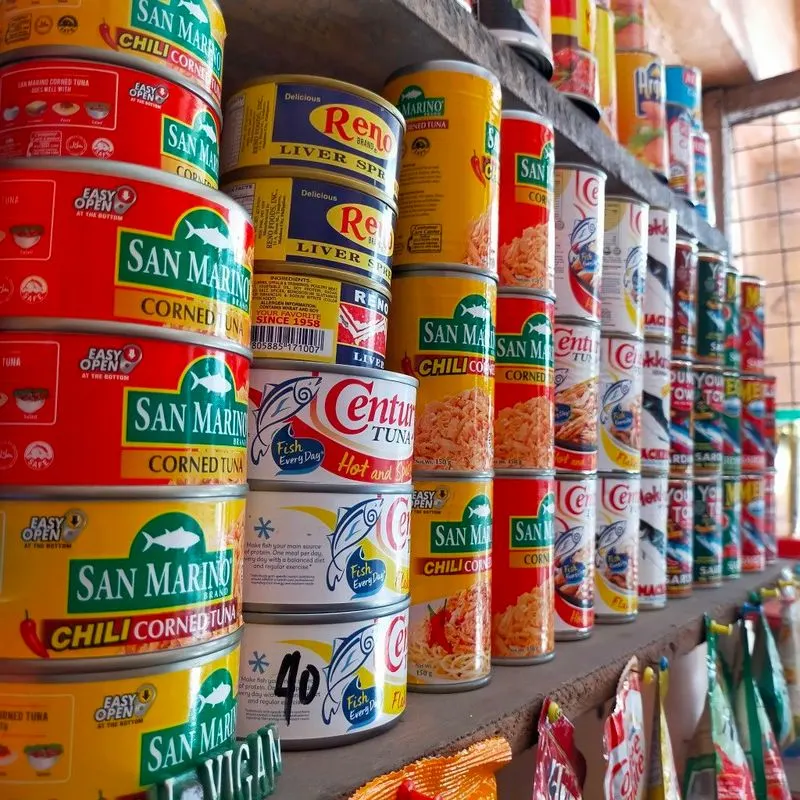
Even though canned goods are known for their long shelf life, they aren’t immortal. Dented or rusty cans are a telltale sign that you should check their safety.
It’s not just about the expiration date; bulging tops can indicate dangerous bacteria growth. Always give cans a thorough inspection before deeming them safe.
Trust your senses – any off-putting smell once opened? Best to discard. Regularly rotating canned goods helps maintain freshness, ensuring older items are used first. Don’t ignore those canned soups or beans hiding in the back; they still require care and attention.
Spices
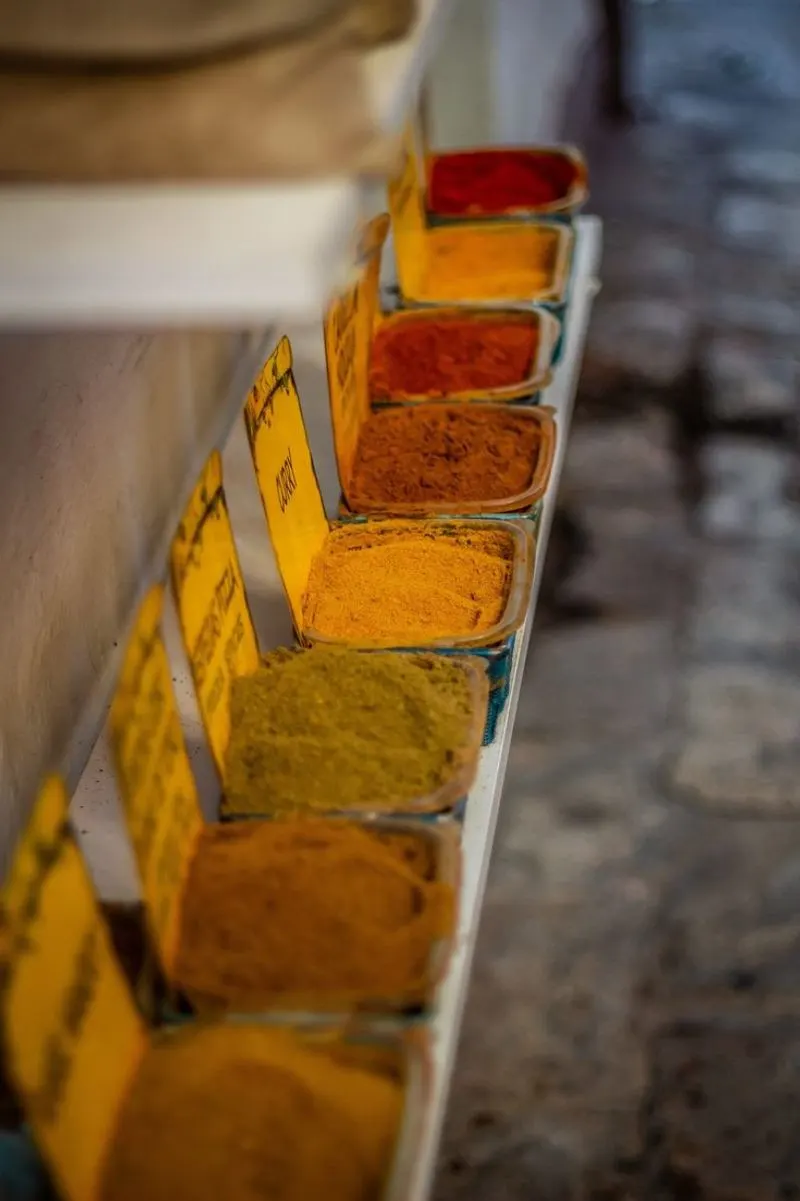
Spices might not spoil in the traditional sense, but their potency wanes over time. A sniff test can reveal if your spices have lost their zest. It’s not just about flavor; old spices can alter the intended taste of your dishes. Ground spices are particularly prone to losing their kick.
To preserve freshness, store them in a cool, dark place. Consider buying smaller quantities if you don’t cook often. Regularly updating spices ensures your culinary creations are vibrant and flavorful, not flat and disappointing.
Baking Powder
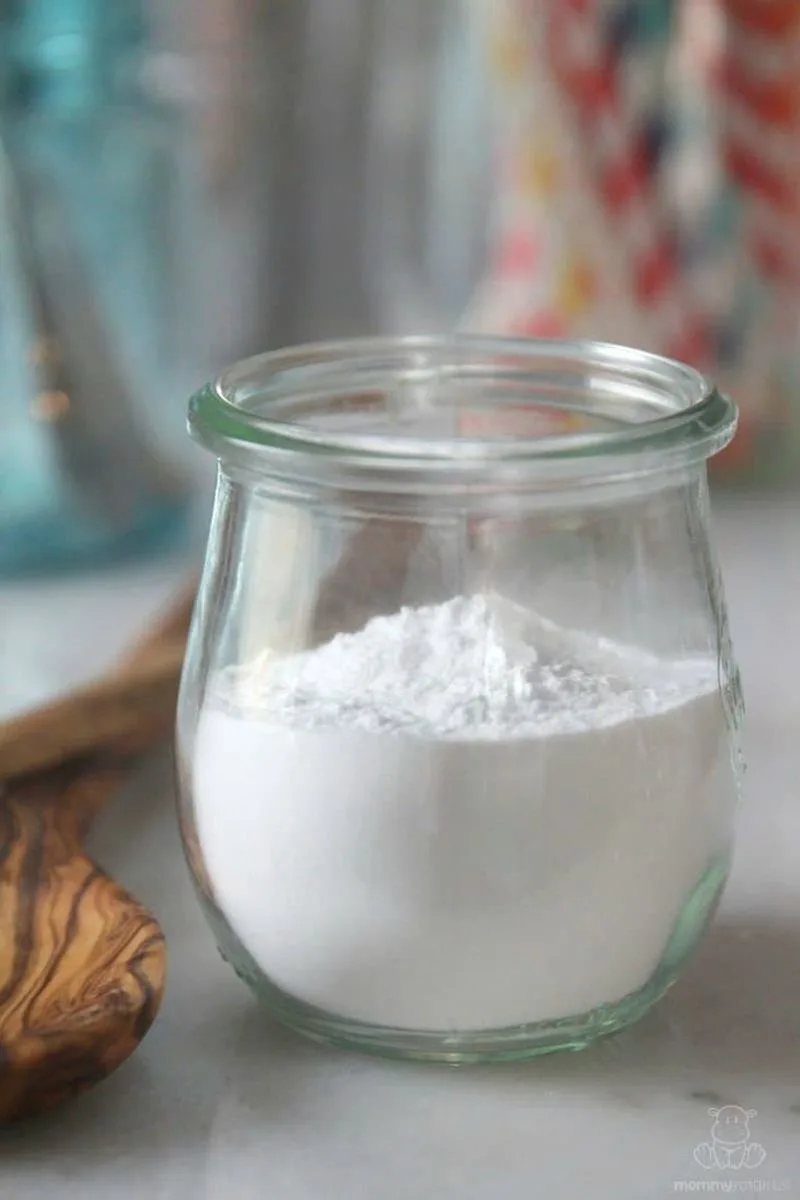
Baking powder’s ability to leaven baked goods diminishes over time. A simple test involves mixing it with hot water; if it bubbles, it’s still good. This staple might be lurking quietly, forgotten until needed. Don’t let expired baking powder ruin your baking efforts.
To ensure optimal results, store it in a dry place far from humidity. Regular checks prevent baking disasters, maintaining the fluffiness and rise in your cakes and breads. There’s nothing worse than a flat cake due to expired leavening agents.
Oils

Even oils have a shelf life, and rancid oil can ruin a dish. Smell can be a great indicator; any off scent means it’s time to say goodbye. Light and heat accelerate spoilage, so store oils in a cool, dark place. Olive oil, in particular, should be used within six months of opening.
Regularly checking and rotating oils ensures they enhance your meals rather than detract from them. It’s not just about taste; rancid oils can be harmful if consumed.
Condiments
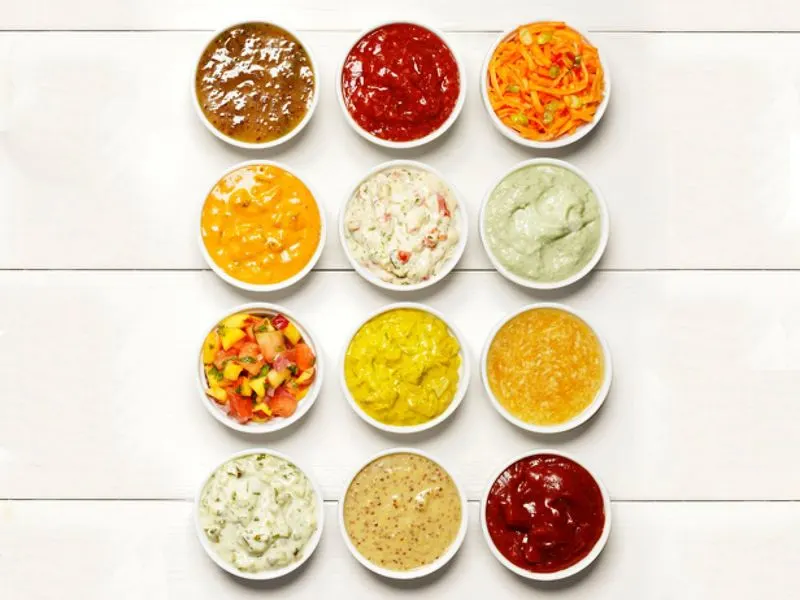
Opened condiments can be hiding in plain sight, quietly going bad. Check for any separation or strange smells, which can be signs of spoilage. Even refrigerated, many condiments have a limited life once opened. Mustard, ketchup, and mayo are notorious for overstaying their welcome.
Ensuring lids are tightly sealed and practicing regular checks can extend their usability. Consider writing dates on freshly opened items to keep track. A simple taste test can save you from culinary disappointments or, worse, foodborne illnesses.
Pasta
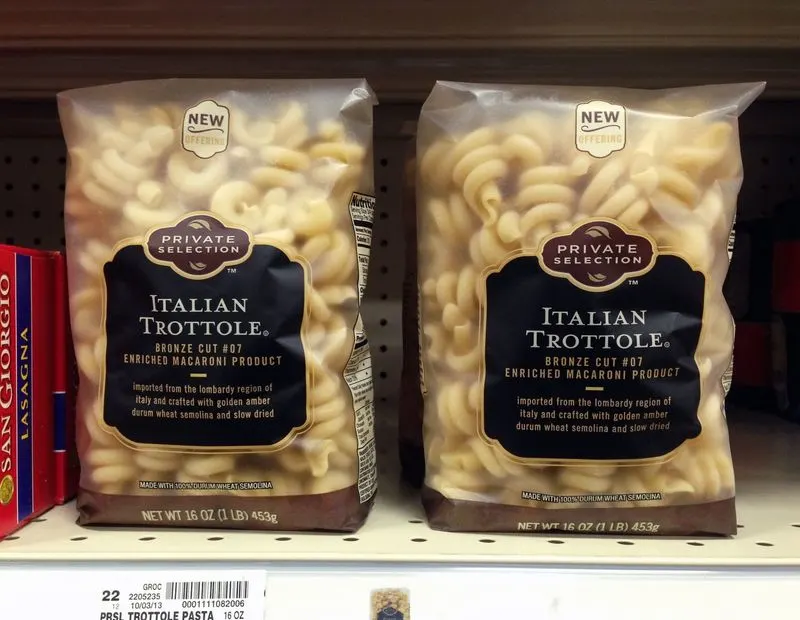
Dry pasta seems immortal, but it’s best used by its expiration date for optimal taste and texture. Exposure to air and humidity can cause it to degrade. It’s not just about the expiry; check for signs of pantry pests. Airtight containers can help maintain quality and prevent infestations.
Regularly rotating stock ensures older pasta gets used first. Cooking with fresh pasta results in better meals, enhancing the overall dining experience. Pasta is a staple in many households, but its quality shouldn’t be overlooked.
Nuts and Seeds
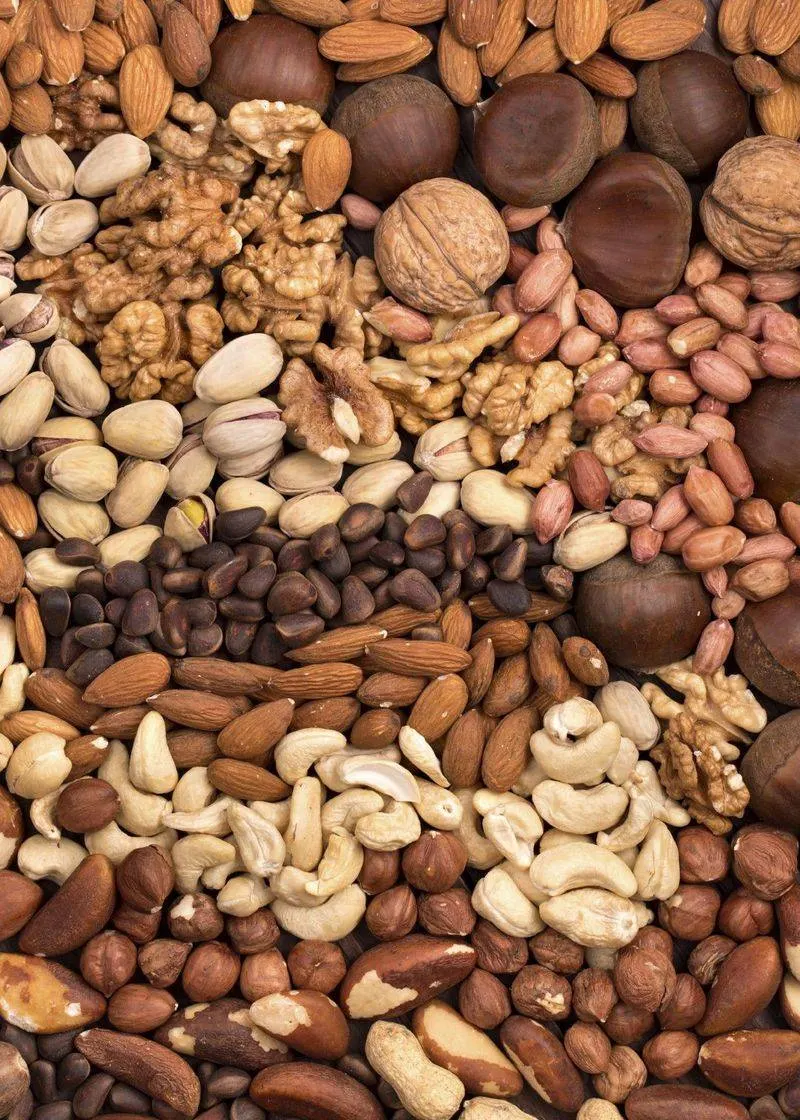
Nuts and seeds can become rancid if stored improperly. A quick taste or smell test can reveal their freshness. Store them in airtight containers, preferably in the fridge or freezer, to prolong their shelf life.
Regularly checking for signs of spoilage can prevent unpleasant surprises when snacking or cooking. Nuts and seeds are healthful, but consuming them stale can be off-putting. Buying smaller quantities ensures they stay fresh and flavorful, supporting a healthy diet without waste.
Flour
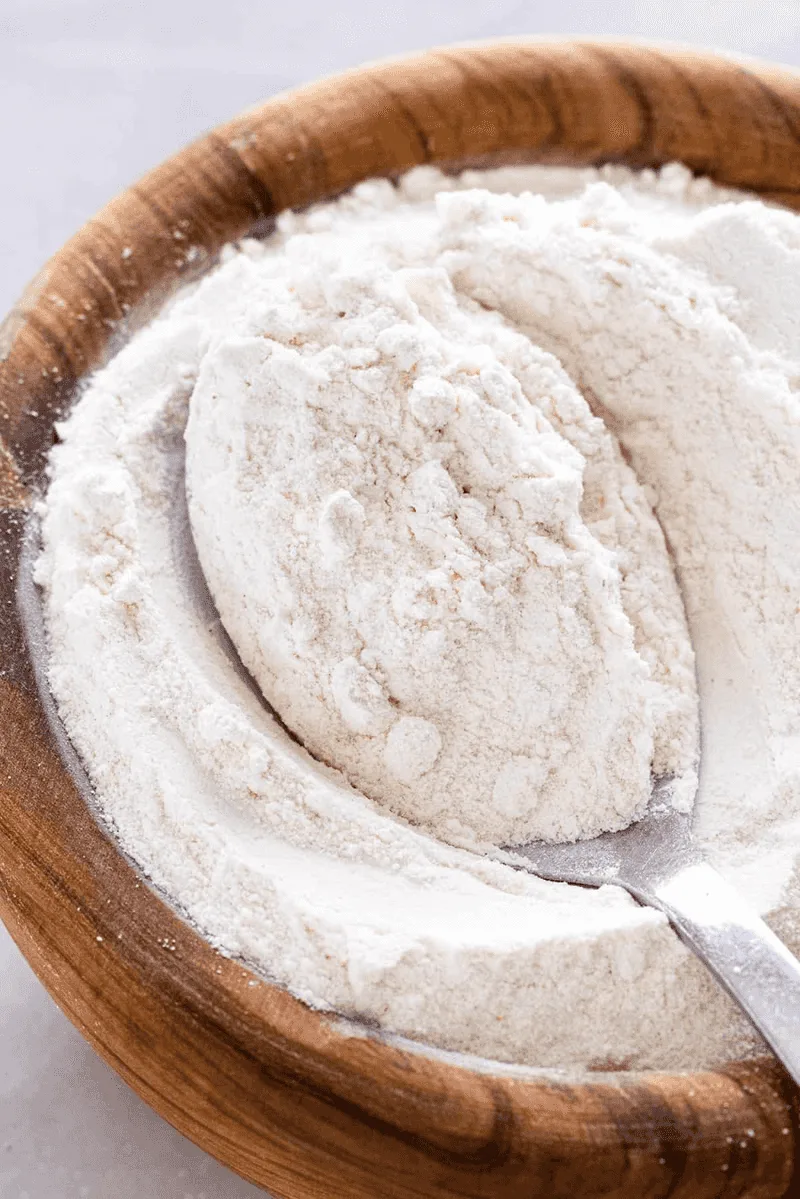
Flour may not spoil quickly but can lose its quality over time. Watch for a musty smell or discoloration, which can indicate spoilage. Keep flour in airtight containers to minimize exposure to moisture and pests. Regular checks help maintain its quality, ensuring your baking projects turn out well.
Consuming bad flour can affect the texture and taste of your recipes. Consider purchasing in smaller amounts if baking isn’t a regular activity. Maintaining quality flour is crucial for successful culinary endeavors.
Dried Fruits
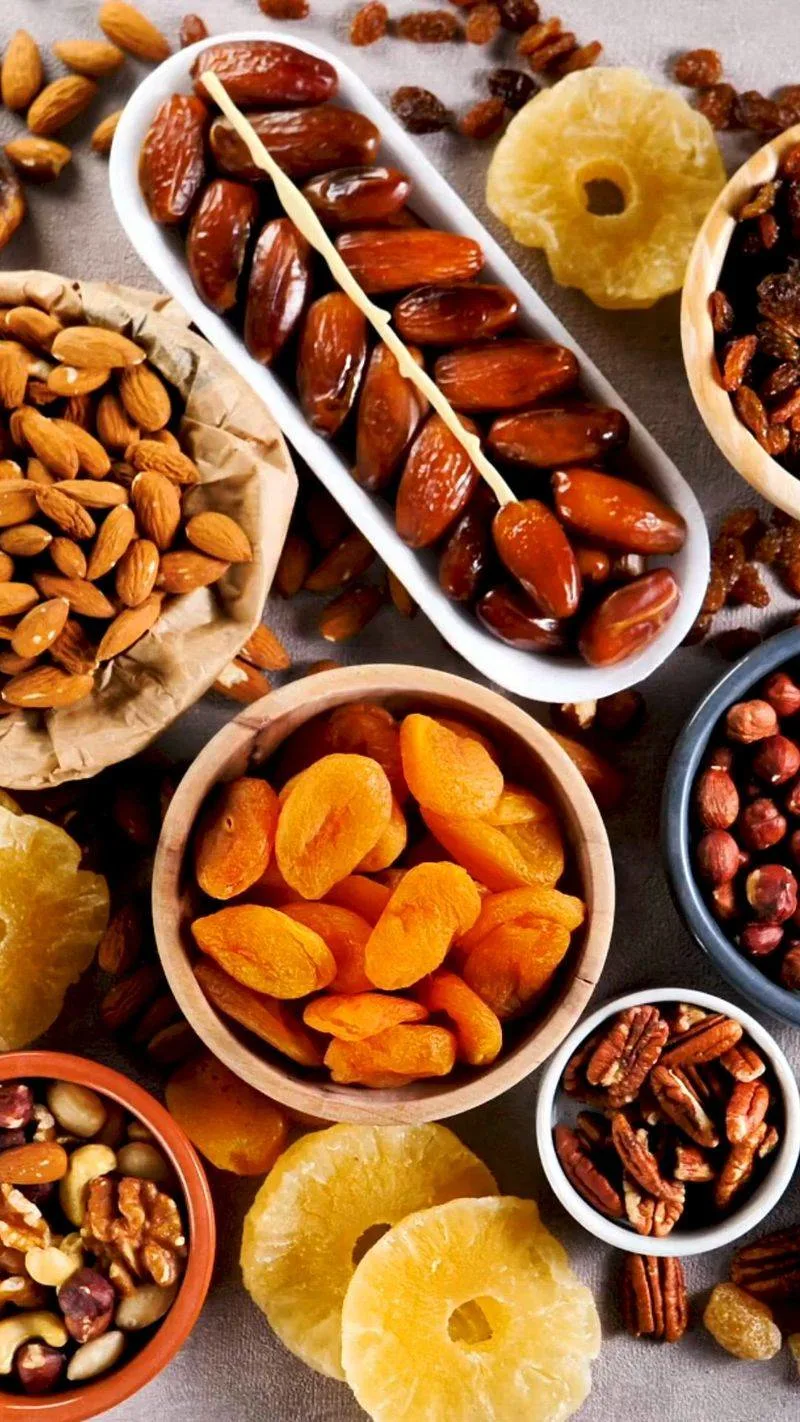
Dried fruits may seem everlasting but can turn bad, affecting flavor and safety. Stickiness or a strong smell are red flags. Store them in cool, dry places to prolong their shelf life. Inspect for any signs of mold or unusual texture changes regularly.
Dried fruits are a nutritious snack, but they need care to remain enjoyable. Rotate stock to ensure older items are used first. Staying vigilant ensures you enjoy the natural sweetness without unwanted surprises. Don’t let these pantry staples become forgotten relics.

